 Learning poverty rates are high Sub-Saharan Africa, but political will is also on the rise, as more and more African governments are determined to improve children’s learning. Copyright: Arne Hoel
Learning poverty rates are high Sub-Saharan Africa, but political will is also on the rise, as more and more African governments are determined to improve children’s learning. Copyright: Arne Hoel
As the global community gets ready to celebrate International Day of Education on January 24, the African Union's Year of Education also begins this month. In this, the second decade of work towards the goals of Agenda 2063, foundational literacy, numeracy, and social-emotional learning skills are a top priority. In the lead up to this critical moment, over 20 member states affirmed at a 2023 high-level meeting in Zambia that:
Africa’s future depends on its children’s foundational learning…. The human capital investments we make today to build these foundational skills for our young children will help us realize the continent’s potential and ambitions today and in the future.
There is much at stake and much to accomplish. In 2022, following the Transforming Education Summit call to prioritize foundational learning, we expressed concern that post-pandemic learning projections indicated that 86 percent of children in Sub-Saharan Africa couldn't read and understand a simple age-appropriate passage by the age of 10 (a metric we call “learning poverty”). This led to the formation of the Global Coalition for Foundational Learning. Our seven organizations now work together to support policymakers dedicated to transforming learning in schools across the globe.
Since the coalition’s formation, estimates indicate that learning poverty in Sub-Saharan Africa now stands at a staggeringly high 89 percent, or almost nine out of 10 children.
At the same time, political will is also on the rise, as more and more African governments are determined to improve children’s learning. In late 2023, members of the coalition travelled to Malawi to demonstrate collective support for the government of Malawi’s commitment to improving foundational learning at scale. Learning poverty in Malawi is severe, with only 19 percent of 7 to 14-year-olds having foundational reading skills and 13 percent having foundational numeracy skills. The government of Malawi aims to increase foundational reading skills to 79 percent by 2030. This will require substantial collaboration and investment.
We observed three important lessons in Malawi relevant to improving foundational learning outcomes across countries in 2024:
- Coherence is crucial: Malawi has successfully aligned investments from multiple sources to implement complementary, evidence-based learning reforms at scale. Ensuring alignment across new and ongoing initiatives, including with forthcoming Global Partnership for Education compacts, will allow governments to expand and sustain proven approaches in numeracy and literacy, with the potential to be transformational. Coherence within the education system—schools, teachers, parents, and communities—is equally important and driven by strong political leadership.
- Teachers need support: Many education systems invest less in early grade teaching than in higher levels of education. However, foundational learning skills are essential for future learning, and professional development and performance management for teachers serving the early grades must be a top priority. Malawi has made progress by training teachers to implement structured pedagogy approaches. Increased school-based support, incentives, and effective management approaches will further contribute to success.
- Innovate wisely: Carefully designed educational technology and other innovations have the potential to transform education systems, where solutions are based on country context and designed to complement proven approaches. Further research should support the effective use of technology at scale, including supporting professional development and teacher performance management.
As we begin our work in this new year, we stand with African ministers who have shown political leadership and emphasized the importance of investing in providing quality foundational learning to all youth and children to achieve the AU Agenda 2063. We must work together with African governments to support and strengthen country-led efforts to transform education systems and eliminate learning poverty.
To receive weekly articles, sign-up here



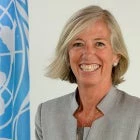
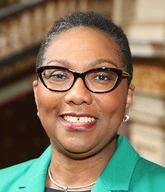
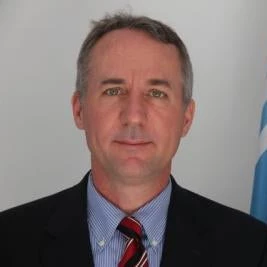
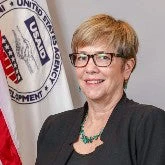
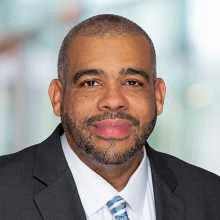
Join the Conversation